The Problem with Dyslexia Stereotypes (for Kids)
This post may contain affiliate links.
What do genius billionaires like Richard Branson and Bill Gates and high school drop-outs and prison inmates all have in common? Dyslexia! When it comes to predicted long-range outcomes for children with dyslexia, there are two distinct and very different stereotypes that don’t help children long-term.

Two Stereotypes of Dyslexia
On one side, we envision billionaire geniuses with a long list of very successful people with dyslexia. Just Google famous dyslexics! We do this to lift the spirits and motivate children who are struggling with dyslexia. And it does provide optimism. But, it doesn’t take into account all the hard work required to overcome dyslexia. Providing only such a successful model risks having children feel like that goal is unachievable. “I can barely read Green Eggs and Ham… how can I become a billionaire?”
On the other side is the outcome that emerges from research into prison populations. Up to 47% of prison inmates are diagnosed with dyslexia (according to a September 2021 article in the Journal of Correctional Education.) At a recent conference on the science of reading, I attended a parent group (since I am both a teacher and mother to dyslexics!) Parents were crying and sharing horror stories of depressed children who were traumatized by school and wanted to drop out. There was a pervasive feeling of anxiety and hopelessness. The issue with this stereotype is that it presents dyslexia as a life sentence, literally. It gives the worst-case scenario — a bleak picture of what could happen if a child never overcomes dyslexia. Providing such a negative model risks having children feel that there is no hope for them.
These two very different outcomes illustrate the mixed messages that we send about dyslexia: one that’s unachievable and one that’s hopeless. The truth is somewhere in between.
The Truth About Dyslexia
So, what do we tell children who struggle with reading? We tell them the truth.
The truth is that with the trifecta of support (quality reading instruction at school, a supportive home, and a child’s own perseverance) — they can overcome dyslexia and fulfill their dreams. But it takes hard work! Yes, give them optimism. But, be truthful about the hard work involved. For each positive model of a person with dyslexia, there were years of hard work to overcome their challenges.
How Does One Overcome Dyslexia?
How do we overcome dyslexia? Time and patience. There is no quick fix. I have this quote hanging on the wall by my desk, which I re-read whenever I have a moment of frustration. “The kindest thing you can do for beginning and struggling readers is to give them the time and encouragement they need to grunt and groan their way through sounding out words. You’re rewiring their brains and it’s hard work.” – Dr. John Shefelbine
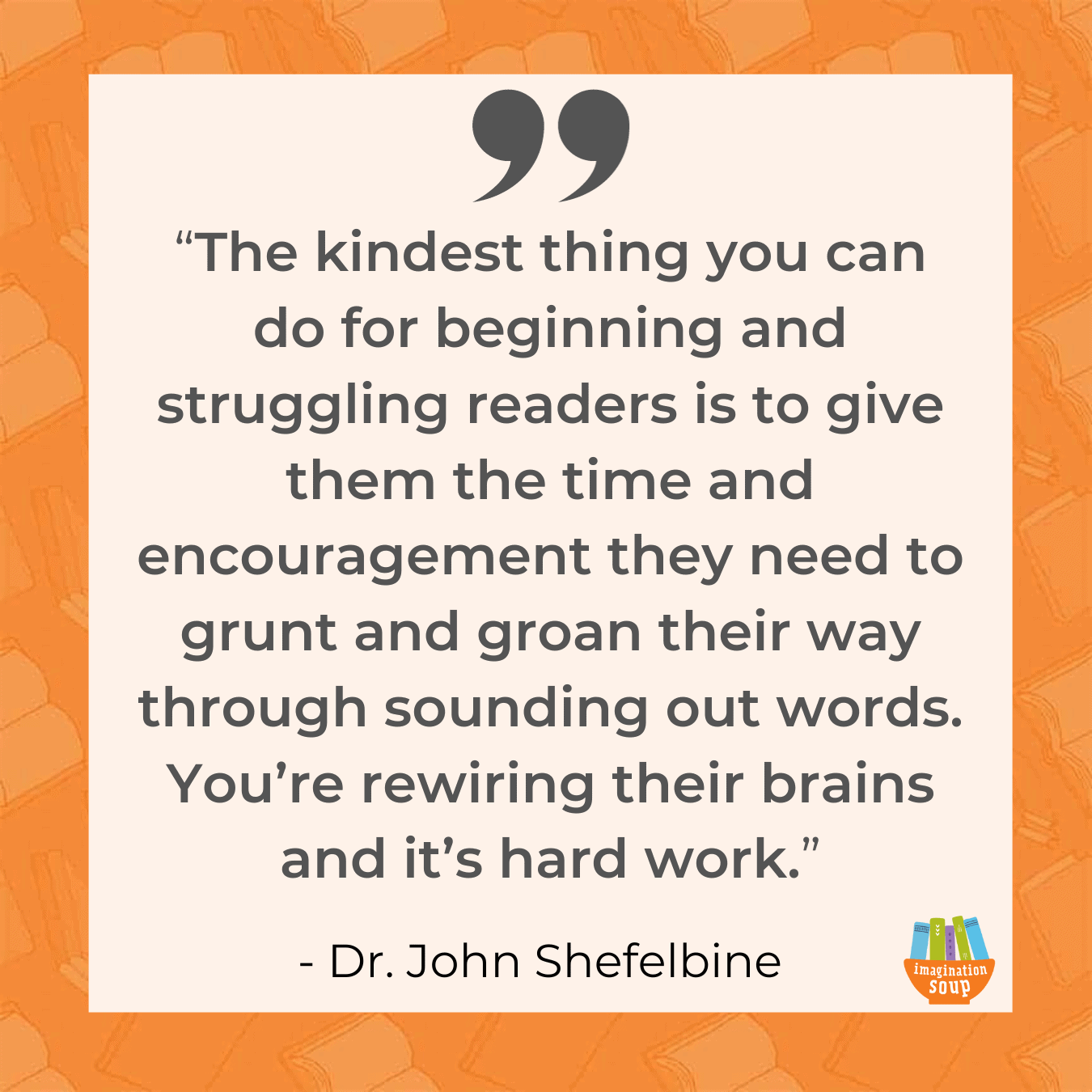
When we help children who are struggling with reading, there is a temptation towards kindness and pity when what we need is determination and empathy. Determination means that we are committed to the belief that all children can learn to read and that it is a human right. As parents, we advocate for our children and ensure that they are receiving the best reading instruction. As educators, it means that we go to work every day determined to use the best evidence-based, research-driven methods in reading instruction. We need to have a sense of urgency in helping children become literate. But where does empathy come from?
Most educators were children who loved school and were successful at it. Many of the teachers I work with loved their school years and pretended to “play school” as children. So, how can school-loving educators build empathy for kids who don’t love school?
I believe that every educator should do something that makes them feel uncomfortable, inadequate, and inept. In graduate school, my hardest class was applied regression analysis. I remember crying in the hallway and feeling like everyone else understood the material. That course gave me insight and empathy for children with dyslexia who feel that way every day. We must remember that our students have struggles that we need to accommodate and understand.
The takeaway for teachers and parents is to be honest in how you talk with your child or student about their dyslexia. Don’t give them the perception that they’ve been given a terrible burden that will haunt them forever. But don’t give them the perception that they are a genius born to be a billionaire, either. Be honest about the hard work that it will take. And become a partner in that hard work. Shoulder the hard work with your children when you can. Provide tissue for the tears that will come. And then, after a hug, keep on reading.
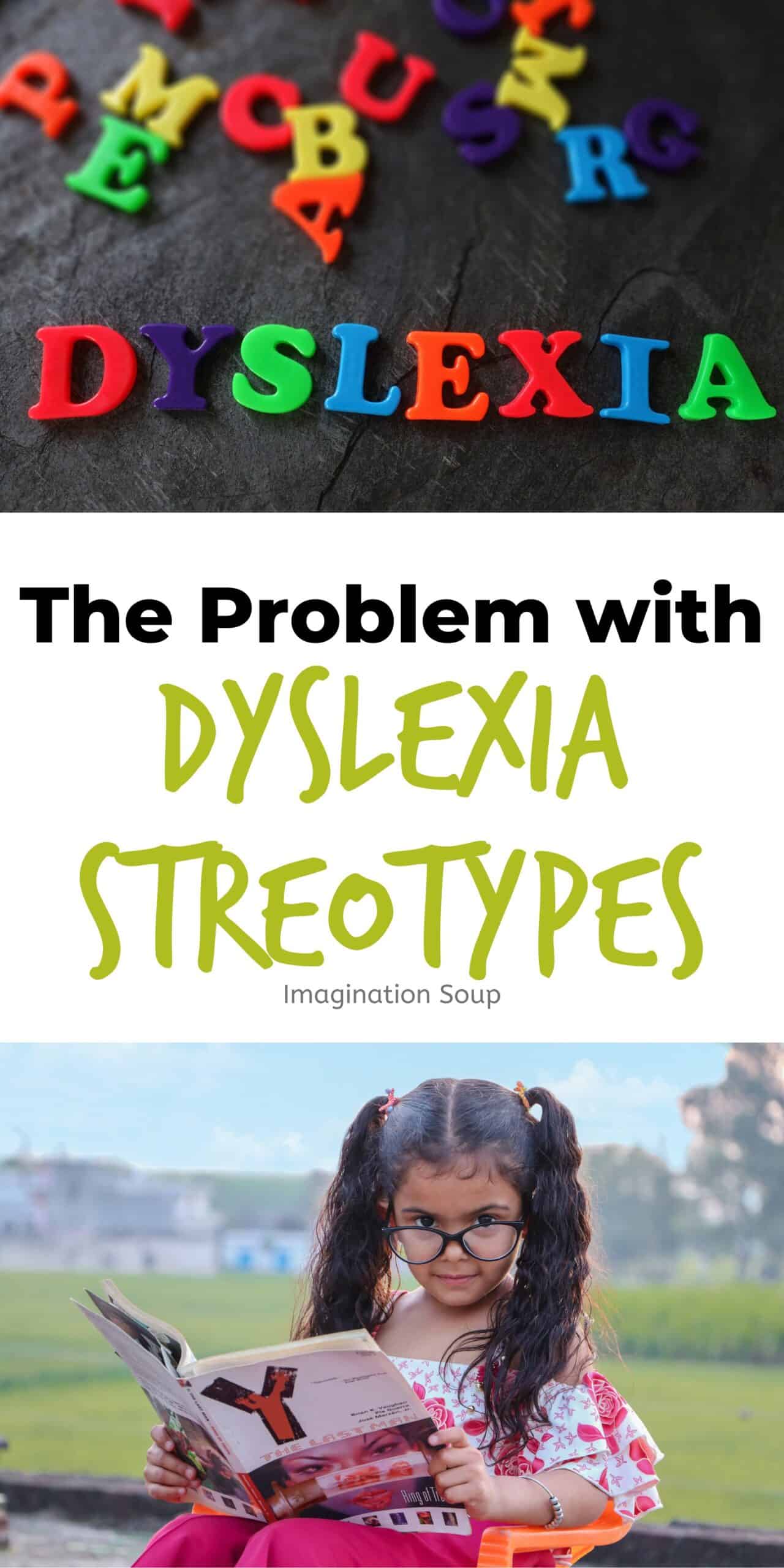
KEEP READING

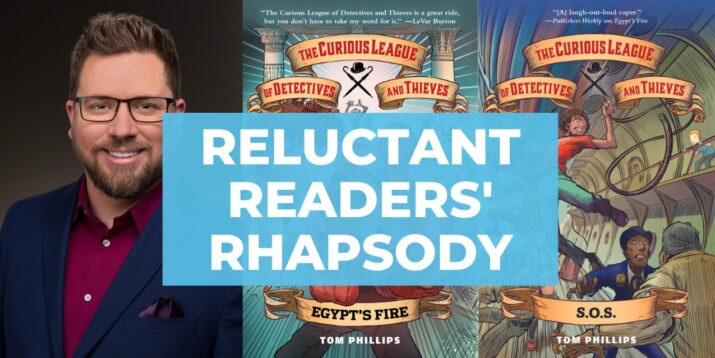
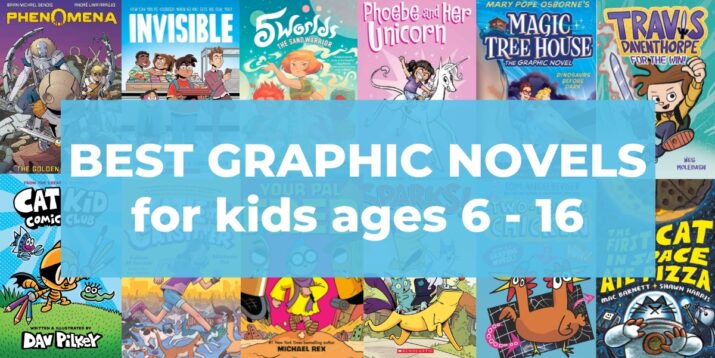
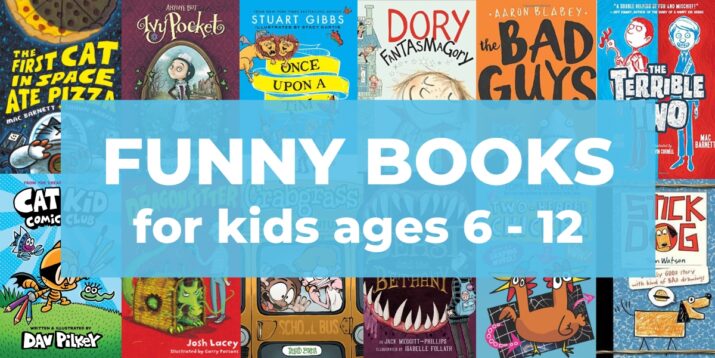
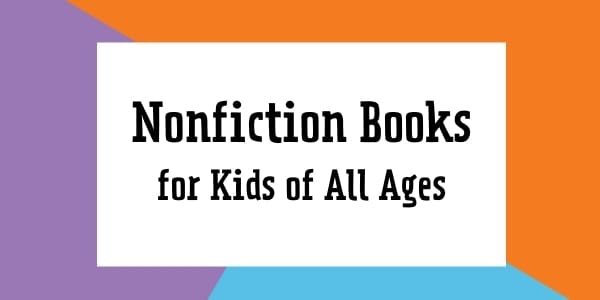
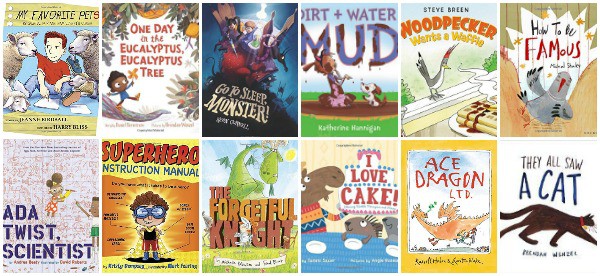




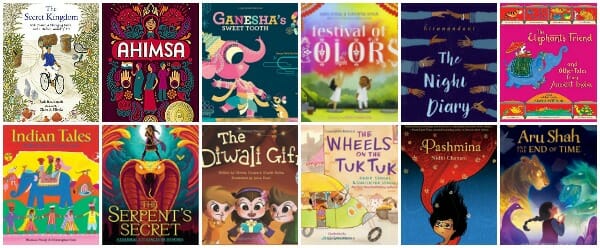
Thank you so much for sharing the Judy Kucera article regarding children with Dyslexia. ❤